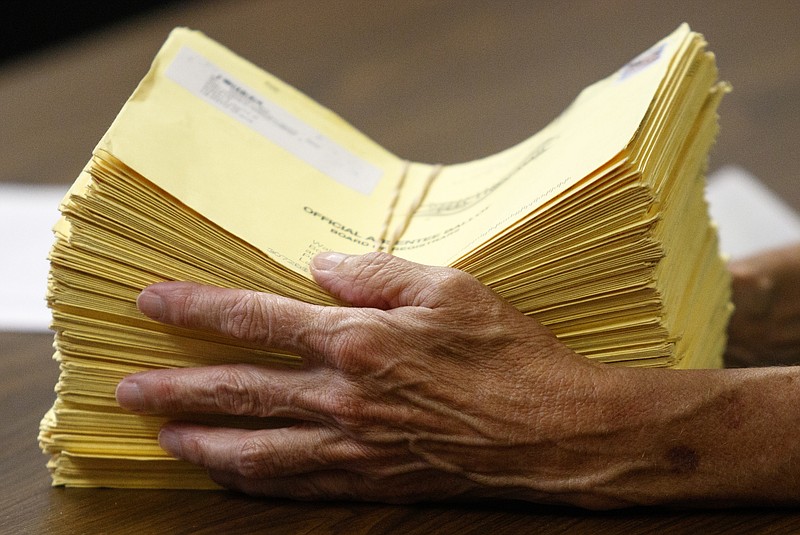Regardless of where Walker County residents stand on the 15-year tenure of sole Commissioner Bebe Heiskell, they voted overwhelmingly in a nonbinding referendum last Tuesday that they'd prefer a different form of government.
Out of 5,983 votes cast, 4,503 residents, or 75.3 percent, say they'd prefer something new.
We endorse that thought, though nothing officially can be done toward that end until the next Georgia legislative session, which will not begin until January. And the road toward a new form of government can only occur then if a legislator proposes such a measure.
Shared government is more representative government. While we believe Heiskell made the decisions she has made for what she believes is in the best interests of Walker County, we believe some of the decisions might have been different had they been made by a more representative government.
Obviously, there are pros and cons to each type of government. Certainly, a sole commissioner can be more decisive, can move more quickly and doesn't have to worry about factions forming to endorse or derail certain projects.
And that sole commissioner, as Heiskell pointed out to Times Free Press reporter Emmett Gienapp, is the one go-to person in the county for action.
But a representative form of government allows opinions not only from various geographic parts of the county but also from disparate individuals who can bring different points of view to an argument.
We believe a governmental body functions best when it includes a diversity in gender, race, occupation and, frankly, demeanor. It never hurts, for instance, to have someone on a board of commissioners or other government panel to be the monkey wrench, the one who doesn't mind saying, "Wait, how much does this cost?" "Why do we always have to do it the same way? or "What happens if we don't do this?"
Catoosa County made the transition from a sole commissioner government in 1992 and seems to be no worse for the wear.
Walker, along with seven other counties in Georgia, including Bartow, Chattooga, Murray, Towns and Union all in North Georgia, are the only counties among the 3,000-plus in the United States still under the sole commissioner form of government.
Now, both Heiskell, who is running for another term as an independent, and Republican candidate Shannon Whitfield say they don't have a problem with changing the government. If a legislator will pick up the torch, then, Walker soon could have a new ruling body.
And that should be good news for the more than 68,000 Walker County residents.
